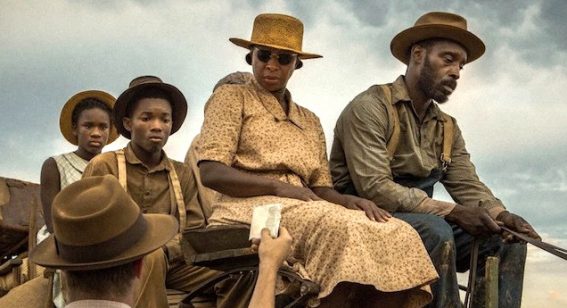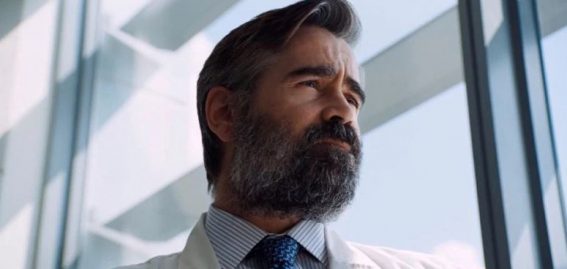
Lucky: a touching character study, with great performances from Harry Dean Stanton and David Lynch

Among the most pleasant surprises in the later years of David Lynch’s career has been the veteran filmmaker’s emergence as an eccentric character actor. Lynch’s signature on-screen presence is a kind of stiff-necked, whiny agitator, always determined to be making some kind of point. In episodes of Louie he is a comedy mentor crossed with a drill sergeant; in the new Twin Peaks (expanding a pre-existing character) a hearing-impaired FBI chief; in The Cleverland Show the voice of Gus, a bartender with a dark side.
And now, in the lovely, loving small town drama and character study Lucky, a barfly, Howard, whose pet tortoise has recently escaped. “They’re as noble as a king and as kind as a grandmother,” the smitten reptile owner reflects, with more attitude than a line that line requires, acknowledging that President Roosevelt (his pet) has “outlived two of my wives.” The tortoise, without giving too much away about actor-cum-debut-director John Carroll Lynch’s film, has some part in its overall impact.
Any mention of Lynch’s performance, however – or any of the supporting cast for that matter – cannot surpass discussion of the man whose heart and soul seems to be stamped across every sequence. This is a great testament to the skill and presence of the late Harry Dean Stanton, who brilliantly plays the titular character: a hard yakka old coot who belatedly confronts his mortality and resolves to smile in the face of it. Stanton passed away a few weeks before Lucky premiered.
That message – about mentally preparing for the void, as Lucky puts it (i.e. death) that our lives invariably give way to – takes the filmmaker an entire running time to craft. It is short (86 minutes) but compact; not a minute is wasted.
The director depicts details of Lucky’s day-to-day life, including morning exercises, visits to the local diner and bar, and the shouting of “cunts!” at people or objects he feels deserving. Clever use of visual repetition spells out which occurrences are routine and which are exceptional. A trip to the doctor for the ordinarily hardy (despite his pinched, angular visage) Lucky is obviously the latter, taking place one morning after the protagonist mysteriously collapses.
It’s mysterious because tests come back clean and the doctor reports that Lucky is fit as a fiddle. With, to boot, lungs so cast-iron the doc believes smoking is somehow actually good for him. The significant caveat is that Lucky is very old. Life is catching up with him and the steely bugger can feel it. Without over-egging the message, the director reflects on a simple but profound point: that while activities that consume our lives tend to repeat themselves, time moves in one direction.
Stanton’s irresistible, film-carrying performance takes the old man yelling at clouds shtick and fills it with stern but plaintive gravitas – a little like Clint Eastwood from Gran Torino, but less imposing (coincidentally, John Carroll Lynch appeared in the film as Eastwood’s shotgun-wielding barber). In Lucky nobody will blink at the sight of an old bloke in his underwear watering a cactus. It is sweet and idiosyncratic, led by a character who commands respect (almost entirely because of his age) but is rarely in the mood to return it. This is played for laughs or drama depending on the situation.
Lucky is Harry Dean Stanton’s gig, through and through, though a couple of other performers – including Lynch and Tom Skerritt, briefly appearing as a WWII veteran – wriggle enough elbow room to impart profundities of their own. I love a scene in which the protagonist, remembering a time when different rules applied, decides to light up a cigarette inside, in front of a sign that reads NO SMOKING. This is a film about small acts of defiance: the protests we make when life doesn’t match up to the ideas of it that we have in our heads.


